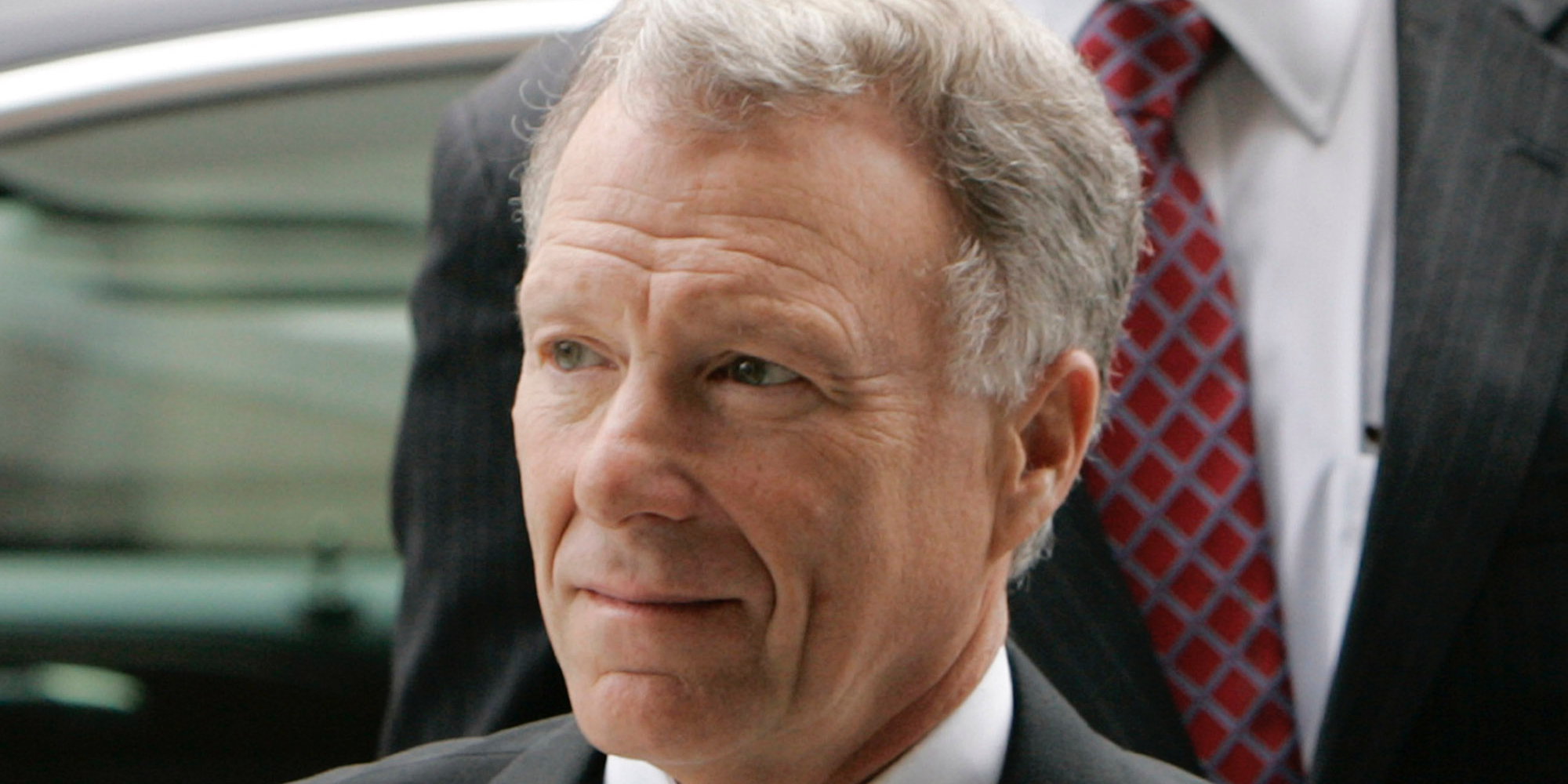- President Donald Trump pardoned “Scooter” Libby, a former Bush administration official, on Friday.
- Libby was convicted of perjury and obstruction of justice after a special prosecutor investigation.
- Trump said in a statement he doesn’t know Libby, but “heard that he has been treated unfairly.”
- The pardon comes amid Trump’s own ongoing battle with the special counsel investigating him as part of the Russia probe.
President Donald Trump has issued a full pardon to I. Lewis “Scooter” Libby, a former top aide to Vice President Dick Cheney.
White House spokeswoman Sarah Huckabee Sanders said in a statement Friday that Trump issued the pardon.
Libby is Cheney’s former chief of staff. After an investigation by a special prosecutor, Libby was convicted of lying to investigators and obstruction of justice following the 2003 leak of the identity of CIA operative Valerie Plame.
President George W. Bush later commuted Libby’s 30-month prison sentence, but didn’t issue a pardon despite intense pressure from Cheney. No one was ever charged with the leak.
Trump said in a statement that he does not know Libby, but "for years I have heard that he has been treated unfairly."
"Hopefully, this full pardon will help rectify a very sad portion of his life," Trump said.
The pardon comes amid Trump's own legal battles - he is the subject of a probe by the special counsel Robert Mueller, who is investigating Russian election meddling.
Trump and his allies have recently slammed the special counsel investigation as a "fishing expedition" and a "witch hunt." It's unclear if the timing of the Libby pardon was a coincidence, or intended to make a broader statement on the administration's disdain of special prosecutors.
Libby's pardon is the third Trump has issued since taking office, according to the Office of the Pardon Attorney.
Trump has also pardoned Joe Arpaio, the controversial ex-sheriff of Maricopa County, Arizona, and Kristian Mark Saucier, the former Navy sailor who took illegal photos of the classified area of a military submarine.
Neither Libby's nor Arpaio's pardons underwent the usual clemency process, in which the convicted person usually applies for a pardon through the Justice Department several years after their sentencing.
